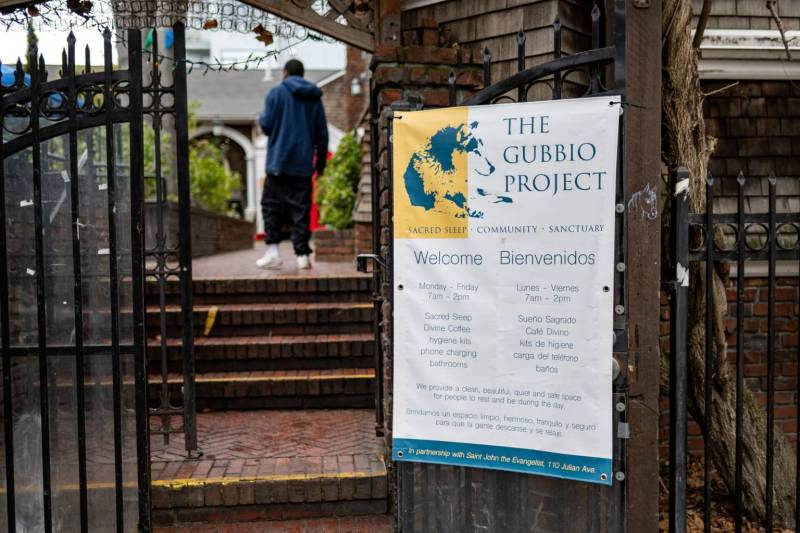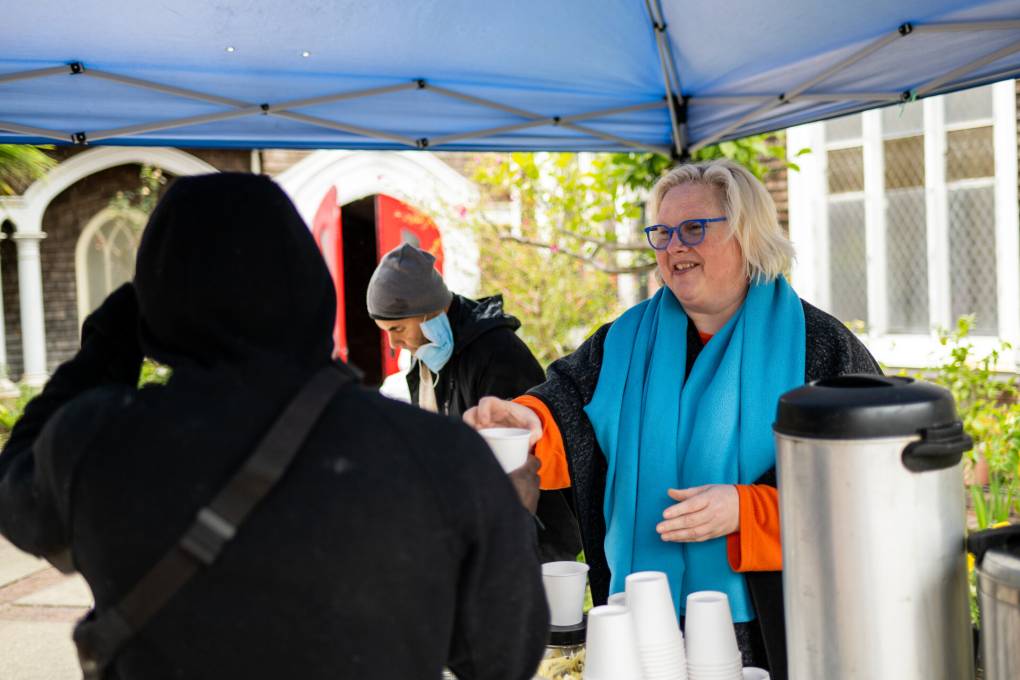San Francisco leaders are making an exception to their own ethics policy so city officials can solicit donations for safe-consumption sites.
The Board of Supervisors passed a resolution on Tuesday that allows Mayor London Breed, her officers and officials at the Department of Public Health to seek out donations for nonprofits, which would then use the private funds to operate safe-consumption sites, where medical staff can supervise people using drugs and respond if there is an overdose.
The vote allows city leaders to bypass an ethics policy put in place after a recent corruption scandal surrounding the Department of Public Works. Today, city leaders are largely prohibited from soliciting behested payments, which include donations made by individuals, foundations or companies at the request of a public official, either to a city department or nonprofit.
Supporters of the resolution (PDF) said in a previous hearing that the opioid epidemic is dire, and that directing private donations to nonprofits that will operate safe-consumption sites is an appropriate reason to seek a waiver for the anti-corruption law.
The waiver lasts for six months, after which supervisors could potentially reapply for the waiver.

